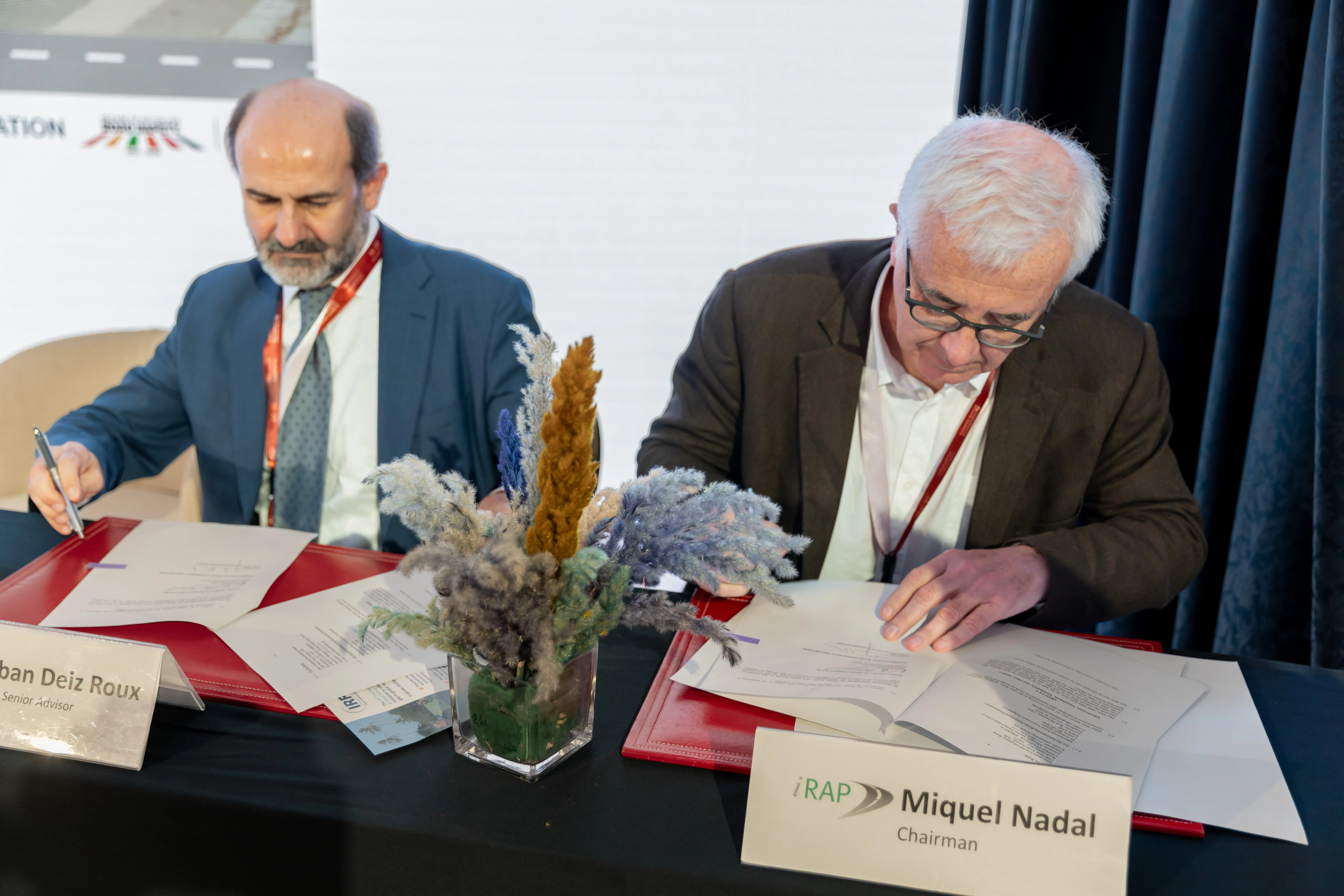The Latin America and Caribbean Region suffers from a high number of crashes on rural roads and also in the urban areas. Road crashes are now one of the leading causes of death in the region, especially for those aged 5-44. There are around 100,000 reported road fatalities/year in Latin America and the Caribbean while over 5 million/year are injured. Data from the World Health Organisation (WHO) shows that the death and serious injury rates are 10-20 times higher than in other industrialised regions, highli
July 2, 2014
Read time: 3 mins
The Latin America and Caribbean Region suffers from a high number of crashes on rural roads and also in the urban areas. Road crashes are now one of the leading causes of death in the region, especially for those aged 5-44. There are around 100,000 reported road fatalities/year in Latin America and the Caribbean while over 5 million/year are injured. Data from the 3263 World Health Organisation (WHO) shows that the death and serious injury rates are 10-20 times higher than in other industrialised regions, highlighting the enormous risks of travelling by road. This places an enormous financial burden on the region and it is estimated that the economic losses from road crashes is as high as 4.5% of GDP in some countries. WHO and 3262 United Nations (UN) started the 3439 Decade of Action for Road Safety 2011-2020, an initiative that promotes measures to minimise road crashes and cut the death rate.
The Ibero-American Road Safety Congress (CISEV) has been pushing hard to improve road safety in the region even before the WHO started its campaign, having carried out its first congress in Costa Rica in 2008. This congress is intended to share knowledge and experiences on road safety in Latin American countries. After a successful first edition, with more than 350 participants and nearly 200 conference delegates, CISEV has its second event in 2010 in Argentina and the third in Colombia in 2012. The Mexican city of Cancun is holding the fourth edition of CISEV, from September 30th to October 2nd 2014. It is being run with the slogan "Progress of the Decade of Action for Road Safety Decade. Together we can save lives".
The 4th edition of CISEV is organized by the Ibero-American Road Institute (IVIA) and has the support of the Ministry of Health, through the National Council for the Prevention of Accidents (CONAPRA), and the Ministry of Transport of the Government of Mexico. Is also promoted by the2791 Inter-American Development Bank (IDB); the 5516 Development Bank of Latin America (CAF); as well as the National Road Safety Agency of the Ministry of Internal Affairs and Transport of the Government of Argentina; the Traffic Directorate (DGT) of the Ministry of Internal Affairs of Spain and the 2392 Spanish Road Association (AEC).
The choice of Mexico as host for the 4th CISEV event was made as the country’s government has pledged to imprtove road safety as a key priority for its transport policy. Over 24,000 people are killed/year on Mexico’s roads while there are close to 750,000 serious injuries and 40,000 disabled in crashes. Traffic crashes are the leading cause of death for the Mexicans aged 5-34. In addition to the human cost, this carries an enormous financial penalty.
Several technical fields will be covered in the congress, with plenary sessions, technical and scientific presentations and technical communications. In addition, the five pillars of the Decade of Action for Road Safety will be covered in the technical program.
The Ibero-American Road Safety Congress (CISEV) has been pushing hard to improve road safety in the region even before the WHO started its campaign, having carried out its first congress in Costa Rica in 2008. This congress is intended to share knowledge and experiences on road safety in Latin American countries. After a successful first edition, with more than 350 participants and nearly 200 conference delegates, CISEV has its second event in 2010 in Argentina and the third in Colombia in 2012. The Mexican city of Cancun is holding the fourth edition of CISEV, from September 30th to October 2nd 2014. It is being run with the slogan "Progress of the Decade of Action for Road Safety Decade. Together we can save lives".
The 4th edition of CISEV is organized by the Ibero-American Road Institute (IVIA) and has the support of the Ministry of Health, through the National Council for the Prevention of Accidents (CONAPRA), and the Ministry of Transport of the Government of Mexico. Is also promoted by the
The choice of Mexico as host for the 4th CISEV event was made as the country’s government has pledged to imprtove road safety as a key priority for its transport policy. Over 24,000 people are killed/year on Mexico’s roads while there are close to 750,000 serious injuries and 40,000 disabled in crashes. Traffic crashes are the leading cause of death for the Mexicans aged 5-34. In addition to the human cost, this carries an enormous financial penalty.
Several technical fields will be covered in the congress, with plenary sessions, technical and scientific presentations and technical communications. In addition, the five pillars of the Decade of Action for Road Safety will be covered in the technical program.






